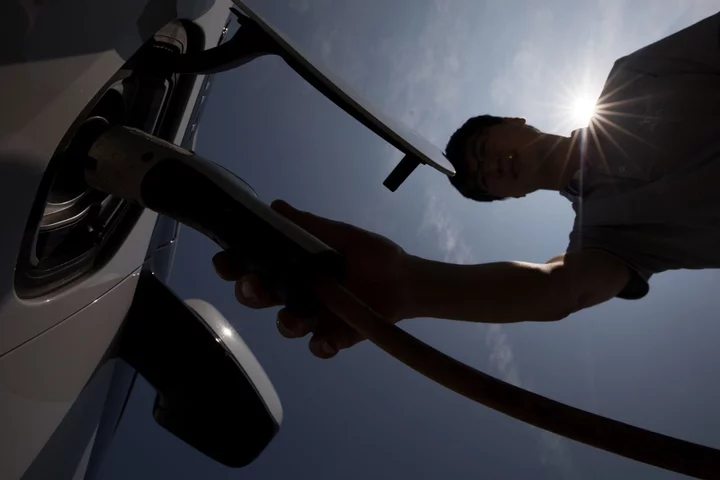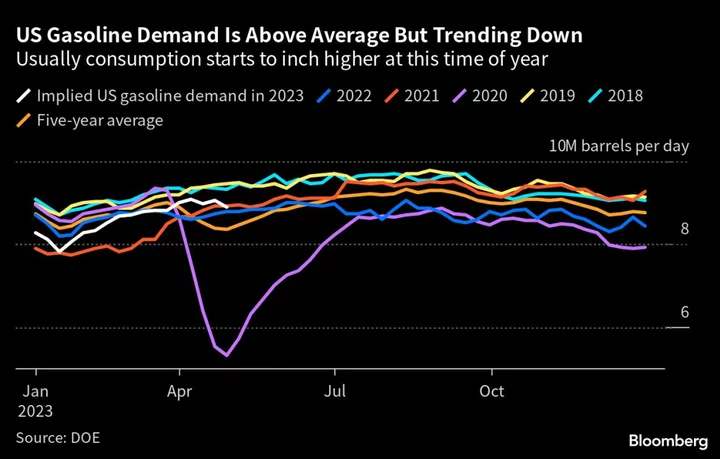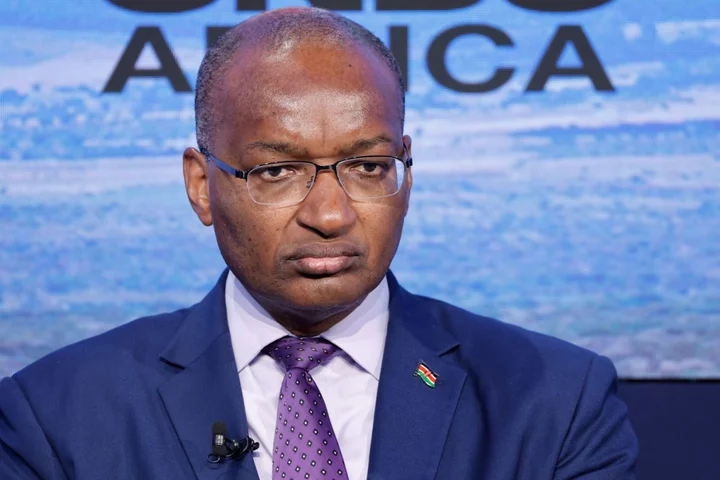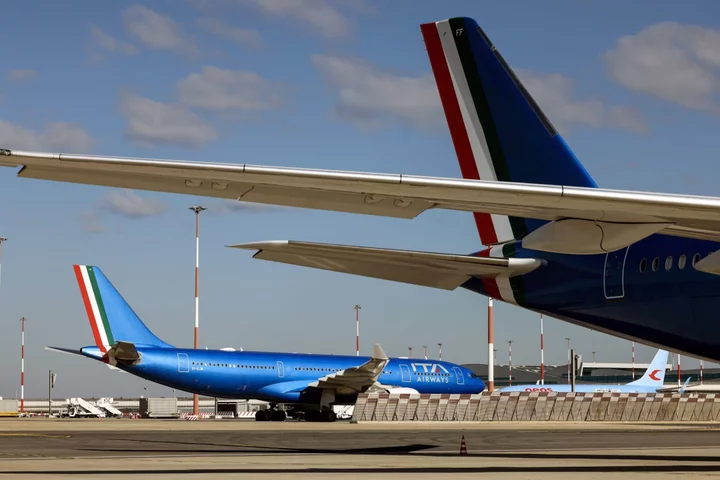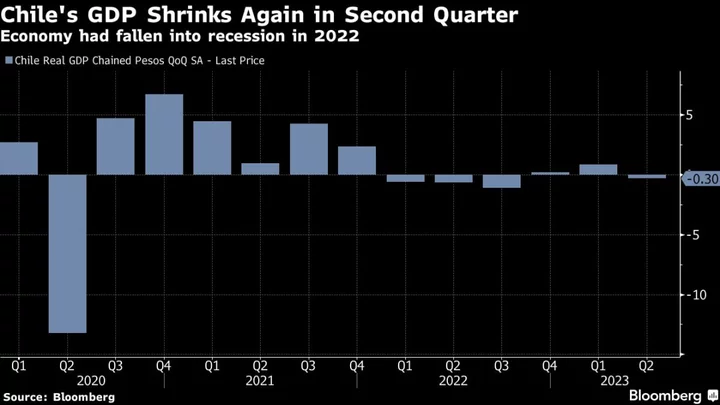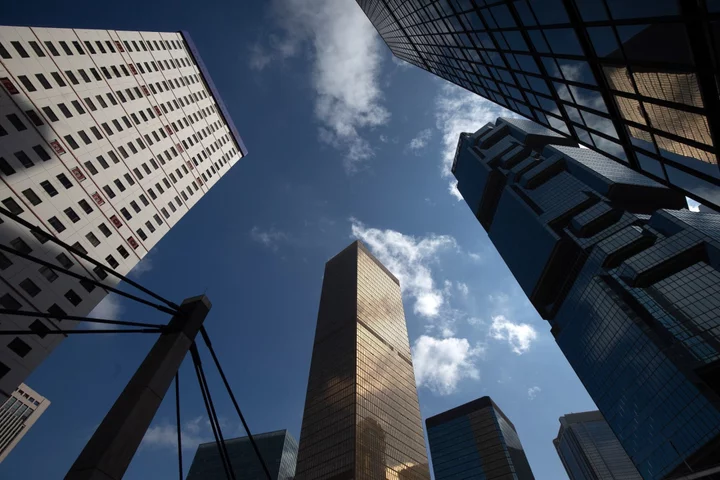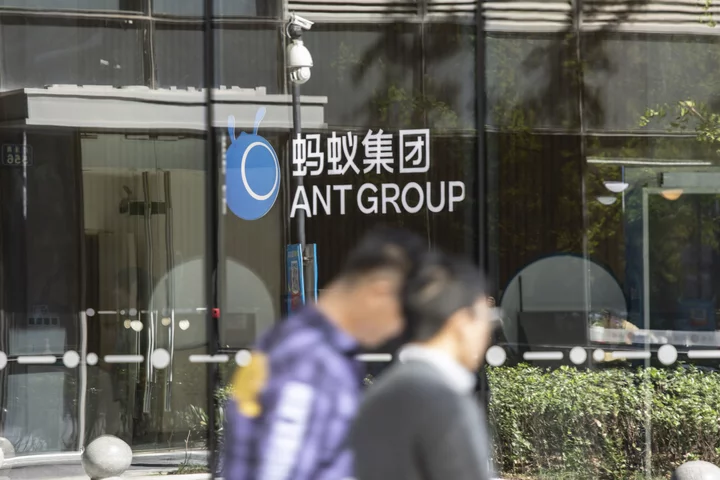General Motors Co. and Posco Future M Co., Ltd. have secured half of the financing for a C$600 million ($442 million) electric-vehicle battery component plant in Quebec from the provincial and federal governments.
In March 2022, the US and South Korean companies announced plans to form a joint venture dubbed Ultium Cam and build a cathode material factory in Becancour, halfway between Montreal and Quebec City. Cathodes represent about 40% of the cost of a battery cell, according to General Motors. The carmaker has committed to invest $35 billion in electric and autonomous vehicles between 2020 and 2025.
The governments of Canada and Quebec will each contribute around C$150 million to the project, which is expected to create 200 jobs. The plant is scheduled to be in operation within two years.
“This production will be used to manufacture batteries for GM’s Ultium program, which aims to produce one million electric vehicles a year by 2025,” the Quebec government said Monday in a news release.
It will therefore have taken more than a year to reach a financial agreement. The Canadian government has been under pressure since Stellantis NV and LG Energy Solution Ltd. suspended the construction of their Windsor, Ont., C$5 billion battery plant two weeks ago, unsatisfied with governments’ support. The Stellantis plant was announced before the US passed the Inflation Reduction Act last year, which offers attractive clean-tech support for companies.
Read more:
- EV Heavyweights Revive City’s Dream of Factory Glory
- LG-Stellantis Plant Hangs in Balance as Politicians Scrap
- Battery Boom Sparks Revival for Quebec Lithium Miners
Becancour, a small town of around 14,000 people, is set to become Quebec’s hub for electric-vehicle battery component production over the next few years. Germany’s BASF SE and Brazilian miner Vale SA have committed to invest in the region.
Ford Motor Co. has also been in talks on building a cathode plant with the South Korean producer EcoPro BM Co., Bloomberg reported last year. The giant automaker reached a deal last week to source as much as 13,000 tons of lithium hydroxide per year from Livent Corp.-backed Nemaska Lithium Inc.’s future facility in Becancour, starting in 2025.
“We will be making further structuring announcements shortly,” said Quebec’s Premier Francois Legault in a statement, calling GM’s investment “historic.”
More than 15% of the C$6 billion foreign direct investments made in Quebec during the fiscal year ended March 31 were done in the electric vehicle battery supply chain, according to Investissement Quebec, the government’s financial arm.

